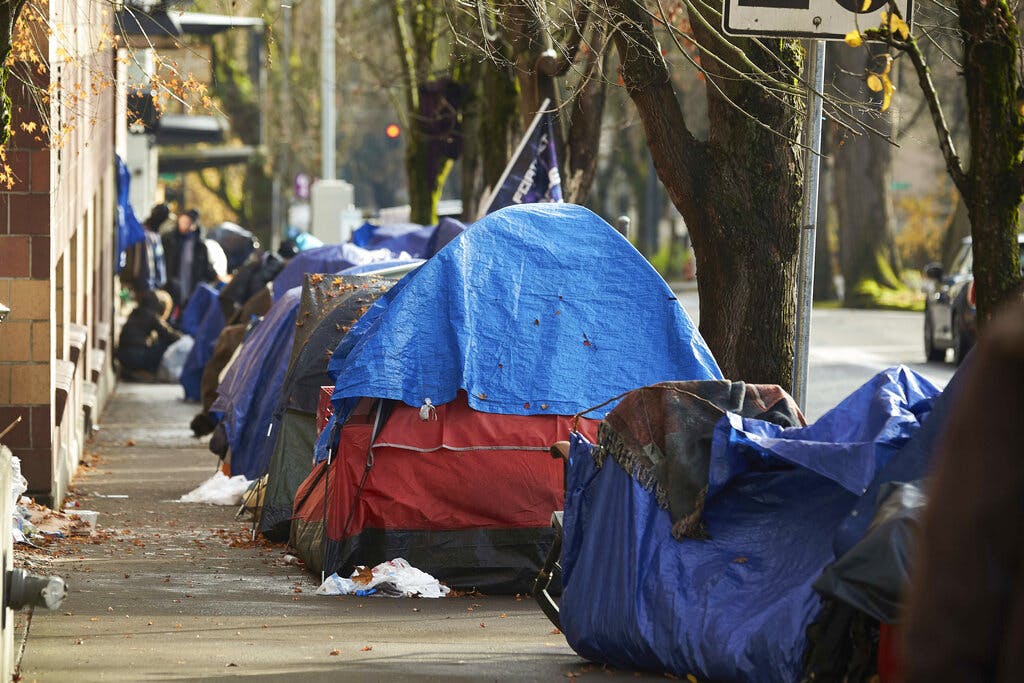
Florida Freeze Prompts Roundup of Cold-Stunned Iguanas as Thousands Fall From Trees
By LUKE FUNK
|The case will challenge lower court rulings that ‘impose a one-size-fits-all rule and make it impossible for the government to treat individual cases on an individual basis,’ one observer tells the Sun.

Already have a subscription? Sign in to continue reading
$0.01/day for 60 days
Cancel anytime
By continuing you agree to our Privacy Policy and Terms of Service.
By THE NEW YORK SUN
|